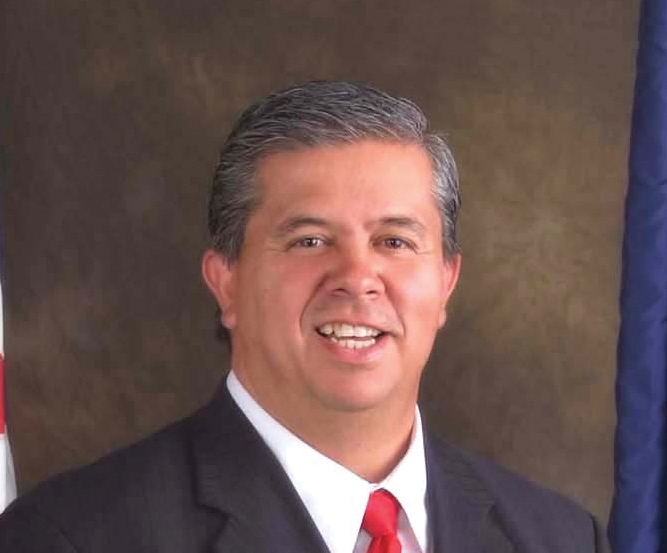When the 2014 Legislature convenes in less than nine months, lawmakers could have advice on education reform from two sources.
The first is a gubernatorial task force, which has been meeting since January and begins a series of public forums Wednesday.
The second is a legislative “interim committee” which hasn’t yet been named, and will meet during the summer.
The makeup of the committees will surely be different. Their scope could be somewhat different.
And as for the expectations, that depends on who you ask.
The makeup
House Concurrent Resolution 33, the proposal to create a legislative interim committee, passed both houses easily — but some lawmakers questioned the need to create a second committee to study the same topic.
One argument for the legislative committee comes down to separation of powers. Gov. Butch Otter’s task force — administered by the State Board of Education, a panel of gubernatorial appointees — is an executive committee. The interim committee falls under the legislative branch, and that was a compelling argument to lawmakers who did not want to cede the education reform discussion entirely to the executive branch.

This leads to the contrast in makeup. The 31-member Taskforce for Improving Education is heavy with stakeholders — representatives of the Idaho School Boards Association, the Idaho Association of School Administrators and the Idaho Education Association, among other groups. An interim legislative committee is just that: a committee made up solely of elected lawmakers.
Still, expect some overlap. House Speaker Scott Bedke says he wants Education Committee Chairman Reed DeMordaunt, R-Eagle, heading the committee from the House side. Senate Education Committee Chairman John Goedde, R-Coeur d’Alene, also expects to be on the interim committee. DeMordaunt and Goedde both sit on Otter’s task force.
The mission
HCR 33 doesn’t lack for ambition. It calls for a committee “to undertake and complete a study of how to improve and strengthen Idaho’s K-12 educational system and all matters relating thereto.”

Superintendent of Public Instruction Tom Luna finds some humor in the lofty language. “They’re not going to put very high sideboards around themselves,” he said. “I get that.”
Despite this wording, it’s likely that the interim committee will carve out a niche in studying school labor issues. The task force decided not to tackle collective bargaining issues — and the 2013 Legislature approved several labor bills that have their roots in the voter-defeated Proposition 1. The labor laws will only remain on the books for one year, meaning the 2014 Legislature will have to revisit these issues no matter what the interim committee does.
“I think it’s incumbent on us to come to some closure on labor issues,” said Bedke, R-Oakley.
But Bedke doesn’t necessarily want the interim committee to stop there. For instance, labor issues are inextricably tied to financial issues: to what Bedke calls the push and pull between school districts’ needs to operate within their means and the needs of a dedicated teaching profession.
Expectations and challenges
Perhaps the biggest challenge facing the task force will be to coalesce behind a mission.
With membership that includes education officials and educators, politicians and business representatives, the task force has broad experience but not a lot of shared background, DeMordaunt said. It stands to reason, then, that the members may have a variety of viewpoints on issues such as merit pay. More data could be the key, he said — the ingredient that gives the task force a shared knowledge base.
Says Goedde, “We’re a mile wide and an inch deep.”

The interim committee’s challenge could be a bit different — especially if it starts, as is likely, with a review of labor issues. The school boards and administrators sought several labor bills echoing the failed Proposition 1; some failed, and others passed with the IEA’s backing. But the lingering animosity from the session leaves House Minority Leader John Rusche pessimistic about the chances for agreement.
“We’ll see how people respond to having a thumb put in their eye,” Rusche, D-Lewiston, said Thursday, less than two hours after the Legislature adjourned for 2013.
DeMordaunt says the one-year “sunset clauses” give the interim committee a chance to review the labor issues, and he’s not sure whether the 2013 session will have any lingering effect on the process. “I think it’s too early to tell.”
